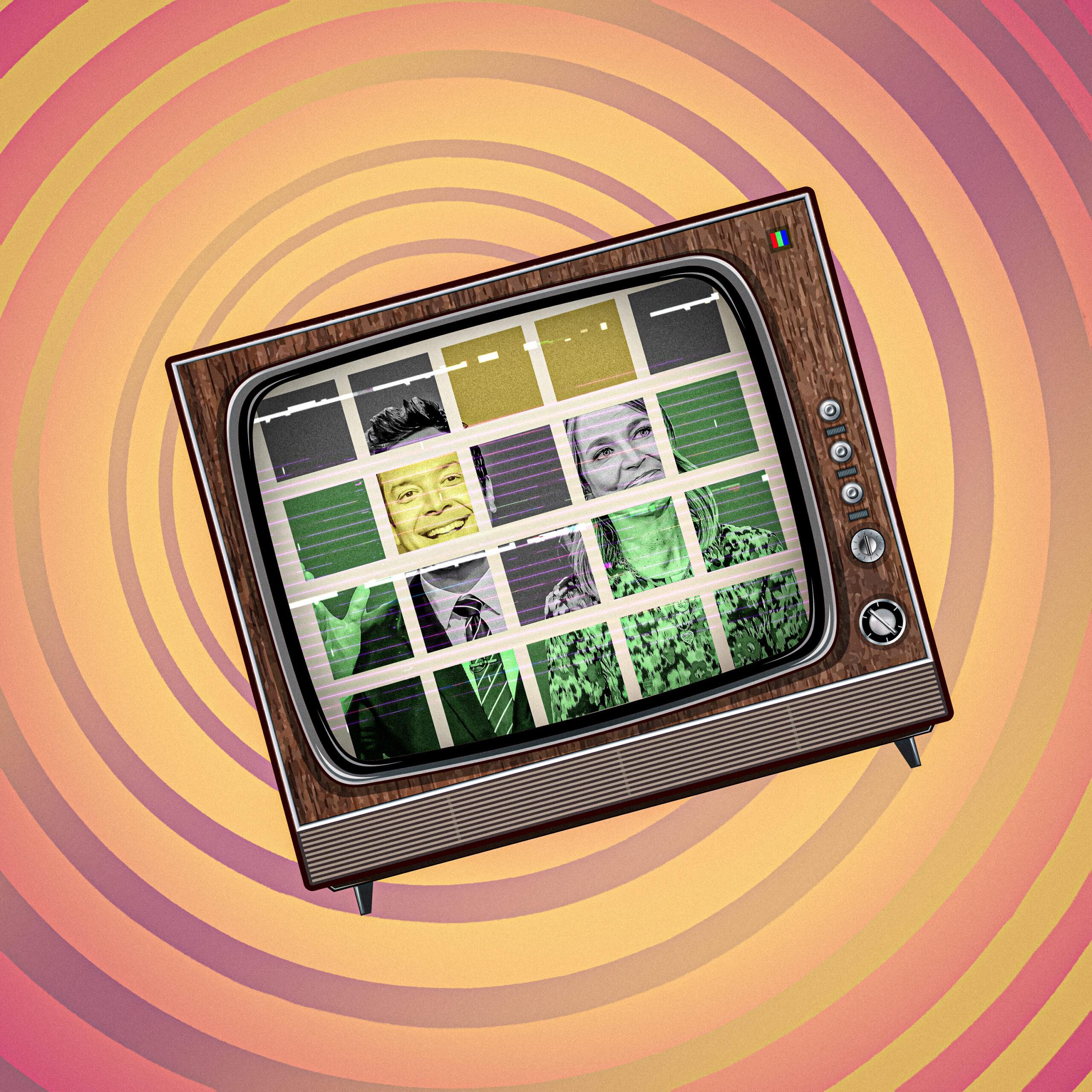
“Jimmy Fallon wants to turn Wordle into a TV show.” Sometimes you encounter a sentence so perfect, so obviously right and true, it makes your bone marrow vibrate. Jimmy Fallon … wants to turn Wordle … into a TV show. Just reading the words is like tuning in to the resonant frequency of the universe. Yes. Yes, he does. I think I was born knowing it. I think plants know it. In 1730, peasants in Holland were troubled by a strange, unspeakable thought that flickered at the edges of their consciousness. This was their knowledge that all times are as one, and Jimmy Fallon wants to turn Wordle into a TV show.
Princess Leia looks up. Her eyes are sad but full of dignity. Around her, the nighttime chirps and trills of the forest moon of Endor echo through the Ewok village. “I know,” she says to Luke Skywalker. “Somehow, I’ve always known.” Luke has just told her that Jimmy Fallon wants to turn Wordle into a TV show.
Look, I’m not here to make fun of this news. Fallon knows what he’s doing. Four times a week, he makes entertainment that millions of people are willing to tolerate as long as there’s nothing else going on. This is, literally, Wordle’s whole use case. No one likes spending time with either The Tonight Show or The New York Times’ flagship phone game, but no one absolutely hates it, either, and it’s a boring world out there; you’ll never go broke being everyone’s fallback choice. A Wordle TV show produced by Fallon is a match made in purgatory. It will probably do great.
I’m also not sure why we’re saying “wants” here. Fallon actually is turning Wordle into a TV show. At least a pilot. Savannah Guthrie is hosting it. It’s going to be a game show. That part’s a little disappointing. They should have turned Wordle into a gritty, hour-long drama. A serial killer known as the Assistant Editor is terrorizing Cobble Hill, Brooklyn, and only by solving his daily five-letter puzzles can Detective Adieu stop him from eliminating the entire clientele of Books Are Magic. “For many years, cinephiles have regarded Wordle as unfilmable,” the New Yorker review would begin. “But a bold new adaptation plumbs the psychic darkness of the modern era in eight terrifying episodes. Only on Peacock.”
This approach could go in so many different directions. The whole NYT Games app is a gold mine of the bleakest crime dramas anyone could ever bring to TV. Strands: “The only way to find the victim’s identity is by connecting the body parts.” Pips: “The only way to disarm the bomb is by completing a dominoes-based decoding sequence.” Spelling Bee: “Why does every episode of this show last 11 hours?” Believe me, no one spends time in the NYT Games app unless they have a Nordic-noir shadow in their soul. A good director just has to bring that darkness out. Let the poison flower bloom. A great director—an Ingmar Bergman of our time—could even try to film Letter Boxed, the darkest game in the entire Times ecosystem, perhaps the darkest space on the entire internet. It would be difficult, however, because no one knows Letter Boxed exists.
But anyway, they’re doing Wordle as a game show. You can probably picture the whole thing without my help. The studio audience titters at a double entendre; the buzzer makes a bleep-bloop sound. Of course, one of the reasons you can picture a Wordle game show is that a Wordle game show already exists. It’s called Lingo, and it’s just … Wordle with teams, basically, though it first aired in 1987. The biggest difference between Lingo and Wordle is that in Lingo, you get the first letter of the word as a gimme. The second-biggest difference between Lingo and Wordle is that Lingo is not called Wordle. Jimmy Fallon is a fearless innovator in the content space.
Of course, with a Wordle show, you also get the imprimatur of The New York Times. That’s something Lingo can’t compete with. I don’t know about you, but I’m hyped for puzzles that subtly misrepresent the words of college administrators in order to further the policy goals of conservative billionaires. What’s a five-letter word that means “framing the president’s actions as pathbreaking and dynamic rather than brazenly unconstitutional”? Get ready to guess it, every afternoon before The People’s Court.
We’re living through a moment when American democracy is imploding, and when late-night talk show hosts have become unwilling soldiers on the front lines of free speech. The cancellation of The Late Show was announced after Stephen Colbert spoke out about Paramount’s shady financial dealings with Donald Trump. Jimmy Kimmel was taken off the air after his comments on the response to Charlie Kirk’s killing drew threats from the head of Trump’s FCC. Fallon, who has pledged to avoid politics and also to “hit both sides equally,” has chosen to meet the moment by turning Wordle into a TV show. Of course, Fallon also famously rumpled Trump’s hair on The Tonight Show in 2016, making the future president seem good-natured and harmless. It stands to reason that he’d go into business with a newspaper that seems increasingly determined to do the same thing.





